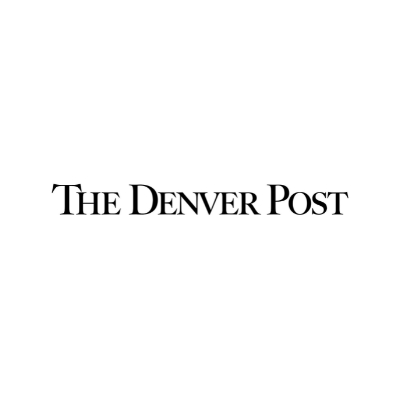 The Denver Post Article Rating
The Denver Post Article RatingWhat the U.S. Supreme Court rulings on affirmative action means for Colorado
- Bias Rating
10% Center
- Reliability
65% ReliableFair
- Policy Leaning
10% Center
- Politician Portrayal
12% Negative
Continue For Free
Create your free account to see the in-depth bias analytics and more.
Continue
Continue
By creating an account, you agree to our Terms and Privacy Policy, and subscribe to email updates. Already a member: Log inBias Score Analysis
The A.I. bias rating includes policy and politician portrayal leanings based on the author’s tone found in the article using machine learning. Bias scores are on a scale of -100% to 100% with higher negative scores being more liberal and higher positive scores being more conservative, and 0% being neutral.
Sentiments
N/A
- Conservative
| Sentence | Sentiment | Bias |
|---|---|---|
Unlock this feature by upgrading to the Pro plan. | ||
Reliability Score Analysis
Policy Leaning Analysis
Politician Portrayal Analysis
Bias Meter
Extremely
Liberal
Very
Liberal
Moderately
Liberal
Somewhat Liberal
Center
Somewhat Conservative
Moderately
Conservative
Very
Conservative
Extremely
Conservative
-100%
Liberal
100%
Conservative

Contributing sentiments towards policy:
47% :"Affirmative action (programs) have always acted at the margins, trying to avoid the worst of racial isolation," said Kevin Welner, a professor at the University of Colorado Boulder who specializes in educational policy and law.46% :"For over 45 years, affirmative action policies have helped to correct for past discrimination, to provide more opportunities to historically underrepresented communities, and to ensure that students can learn in diverse and inclusive environments. ...
46% : In Colorado, private schools would be impacted by the Harvard case, such as Colorado College -- which had a 14.3% acceptance rate in 2021 -- and even the University of Denver -- which had a 63.6% acceptance rate -- preventing them from using race as a factor in the process.
40% : Baker was among the authors of a 2019 report that found states were more likely to ban affirmative action policies when the number of white students enrolled at public flagship universities decreased.
38% : Now, they will have to find alternatives to ensure more diversity in their student populations, many of which have proven difficult in other states that have banned affirmative action policies.
*Our bias meter rating uses data science including sentiment analysis, machine learning and our proprietary algorithm for determining biases in news articles. Bias scores are on a scale of -100% to 100% with higher negative scores being more liberal and higher positive scores being more conservative, and 0% being neutral. The rating is an independent analysis and is not affiliated nor sponsored by the news source or any other organization.





















